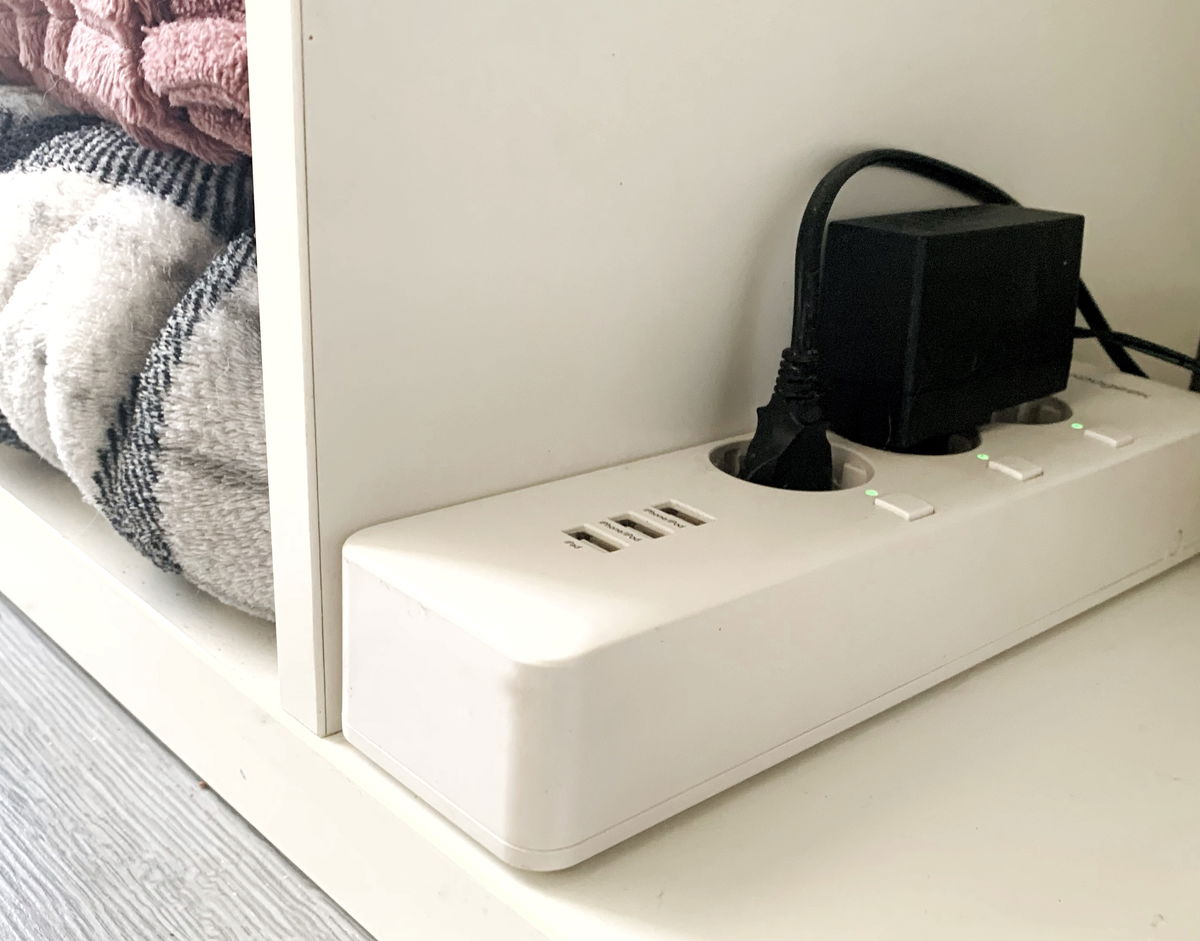According to Nikita Krotkov, a graduate student at the ITMO Research and Information Chemistry Training Center, a platform with a multi-agent architecture and advanced search generation capabilities significantly improves the quality of scientific data processing. Unlike universal AI assistants, the new development specializes in designing nanostructures and predicting cellular reactions.
Initial tests showed the system was 81% accurate with minimal errors, checking that the data was up to date and compared to original sources. The platform has the ability to scale and update the knowledge base without the need for a complete restructuring, which guarantees its relevance and efficiency.
“We have not created a universal scientific AI assistant, but a specific tool for a real laboratory task, such as designing nanostructures and predicting cellular responses. A multi-agent architecture using search-assisted generation makes it possible to significantly increase the quality of responses, which is critical when working with scientific data,” emphasized Krotkov.
Source: Ferra
I am a professional journalist and content creator with extensive experience writing for news websites. I currently work as an author at Gadget Onus, where I specialize in covering hot news topics. My written pieces have been published on some of the biggest media outlets around the world, including The Guardian and BBC News.










